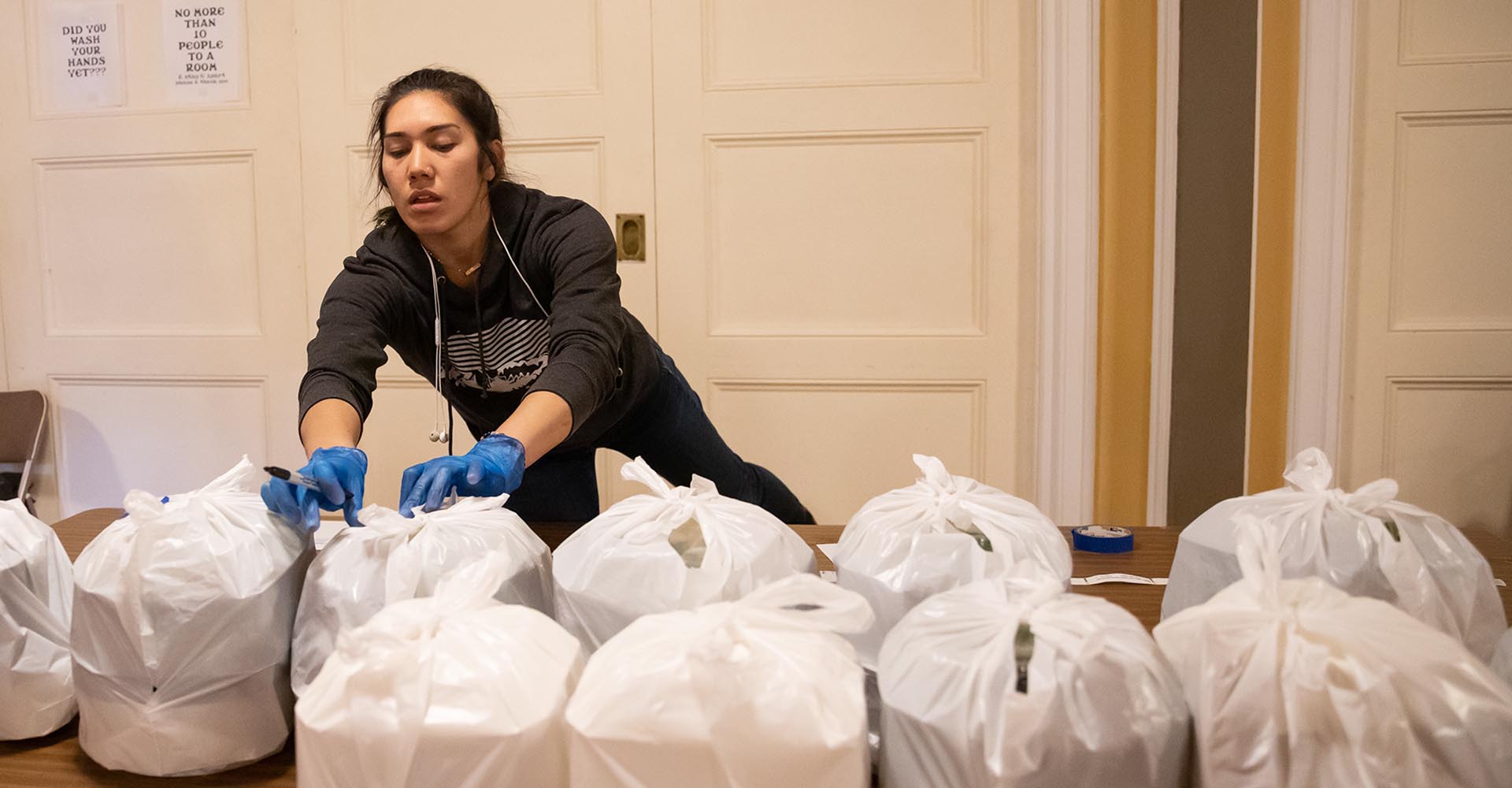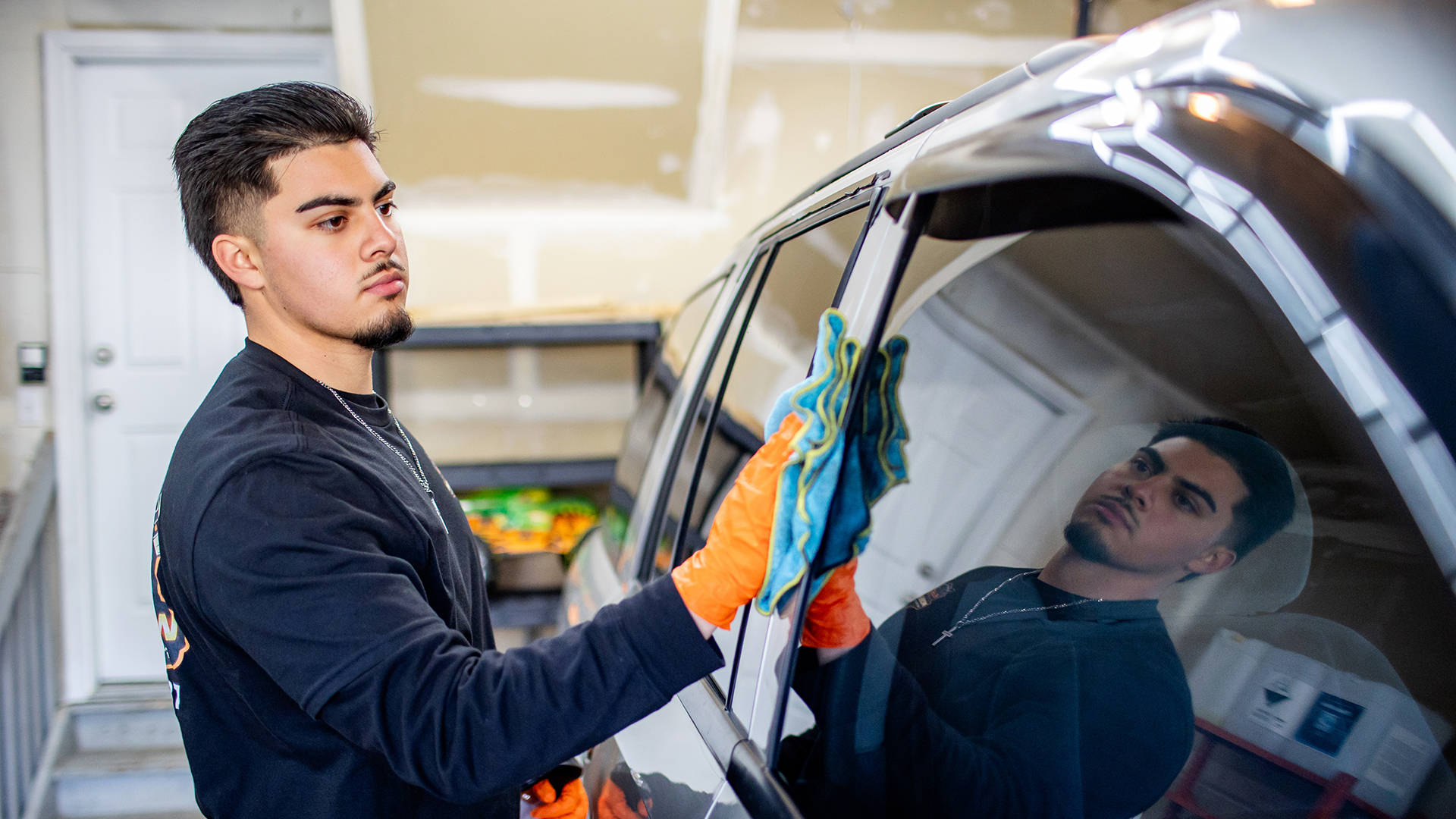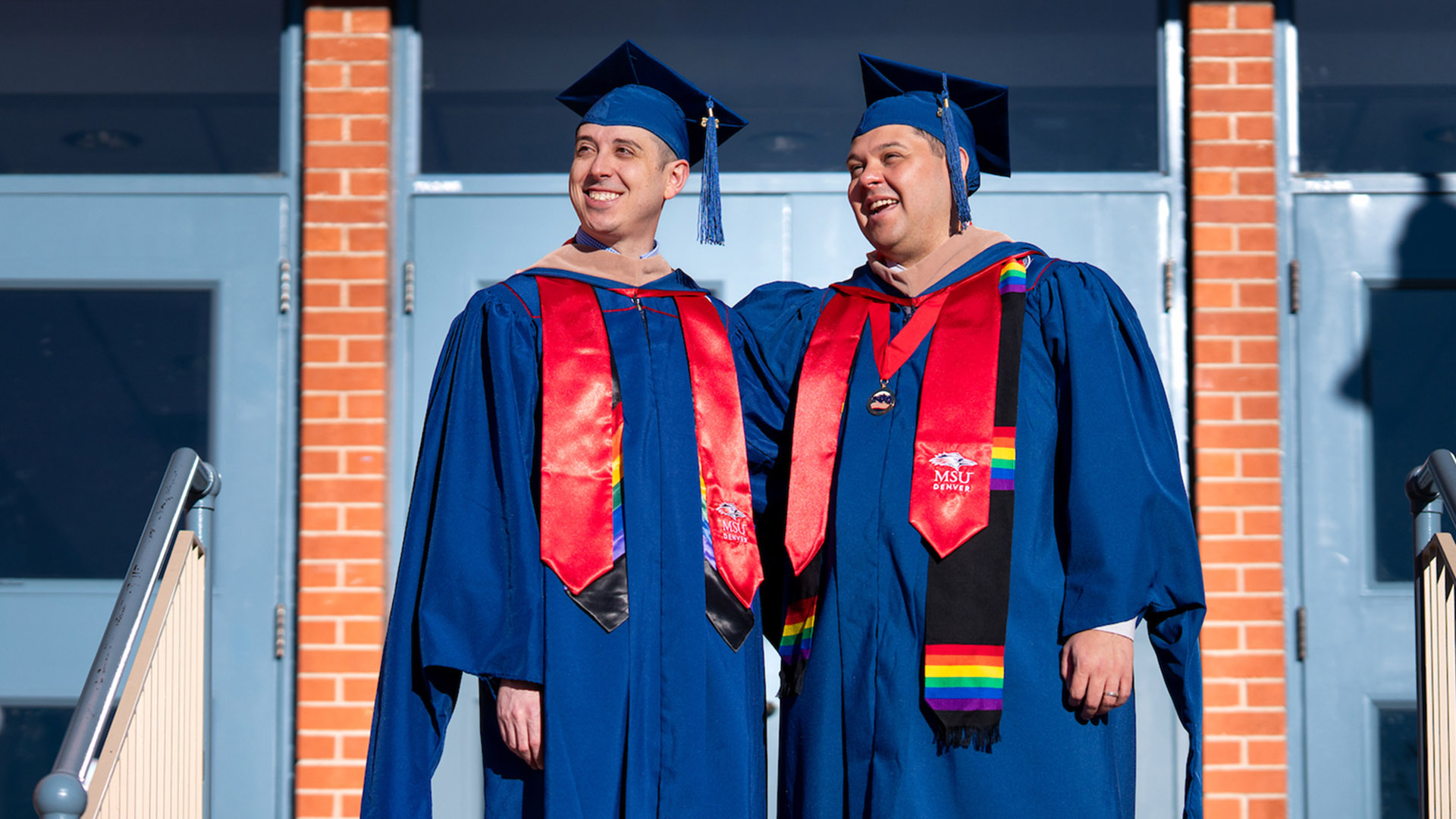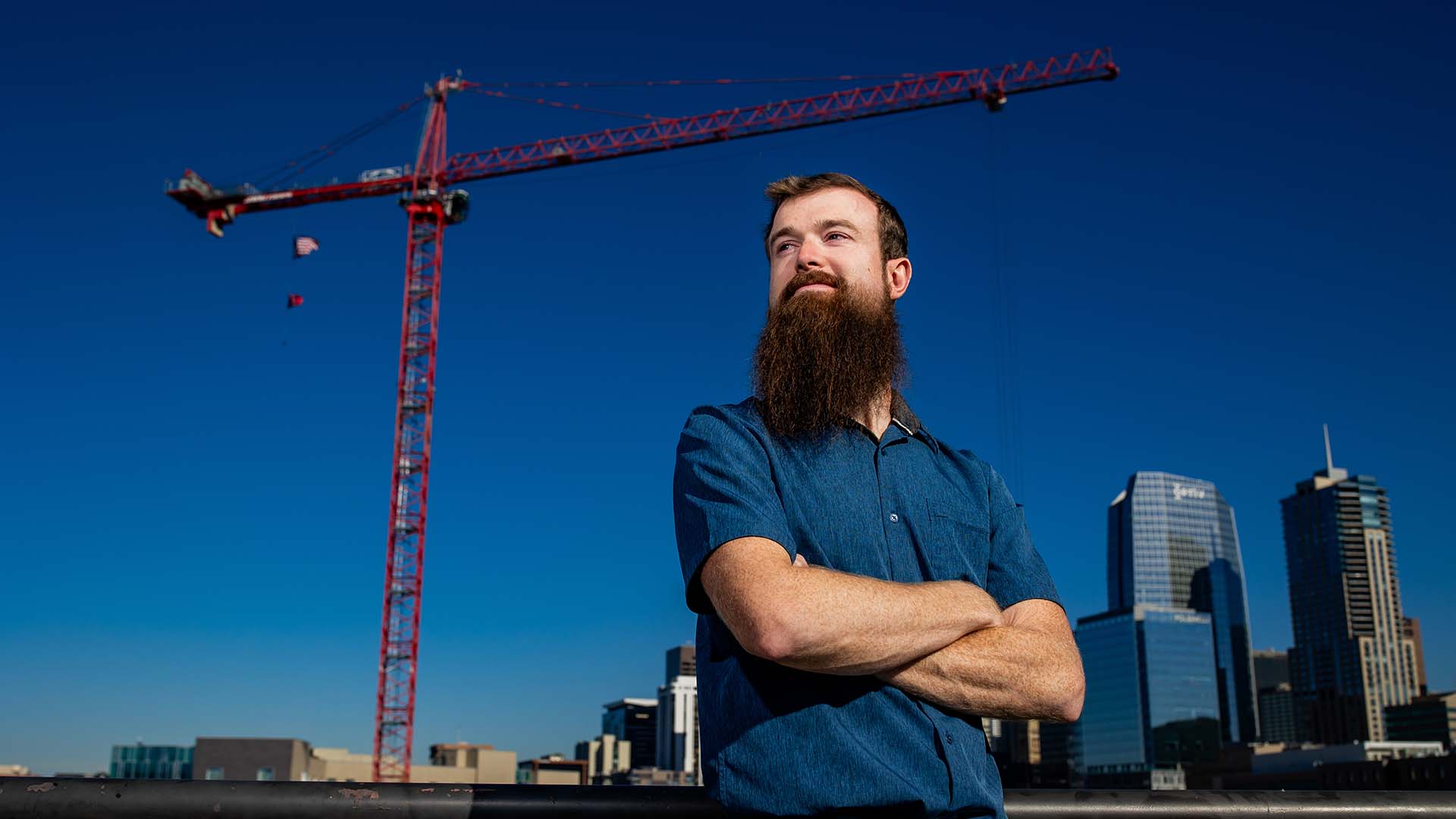Mission ready: Denver Metro Emergency Food Network
As the COVID-19 outbreak shakes Colorado, this new partnership of nonprofits and mission-driven businesses is feeding the hungry and boosting support to underserved communities.

When Gov. Jared Polis shuttered bars and restaurants to combat the COVID-19 outbreak, Lost City owner Michael Graham faced a challenge: How could he support the employees of his cafe and coffee house without opening its doors for in-person service?
Lost City is a mission-driven operation that supports immigrant and refugee communities in the state. With his cafe closed, Graham needed to figure out how he could continue to support those communities amid this public-health crisis.
He rang up friend Ricardo Rocha, CEO of Bondadosa, a social enterprise dedicated to combating food insecurity and increasing health equity in Denver by delivering healthy groceries and goods to low-income neighborhoods. Rocha, he learned, was working to figure out how he could ramp up food deliveries to Denver’s underserved communities.
The two joined forces and then took their efforts to the next level by issuing a call for other mission-driven businesses and nonprofits to join their efforts to address food insecurity as Denver businesses, schools and other metro agencies are forced to close their doors. Denver Food Rescue and Focus Points Family Resource Center answered the call, and the Denver Metro Emergency Food Network was launched.
“It is great to see these kinds of partnerships where a nonprofit and a for-profit can come together and solve very interesting problems in interesting ways,” said Rocha, a Metropolitan State University of Denver alumnus. “This was a wonderful opportunity to do something different and create partnerships that make sense.”
Here’s how the Denver Emergency Food Network works: Lost City prepares food and meals, and Bondadosa (Spanish for “kindly”) delivers them. Focus Points Family Resource Center, a nonprofit focused on career and skill development, adult education and early-childhood education, and Denver Food Rescue, a nonprofit working for health equity, serve as places to process meal requests. And they are fielding a lot of them.
The Denver Metro Emergency Food Network estimates that as of Monday it had delivered over 5,000 meals to people who live in Denver, Westminster, Arvada, Northglenn and other cities.
“Each community helps us to recognize who is in need. You assume the worst, but what we did is open ourselves to the public and let them say if they are in need or not,” Rocha said. “This is a way to deliver high-quality food straight to the door. A lot of people don’t have the same disposable income as they did in the past, but it has been good to be able to do something about it.”

Dishes delivered by the Denver Metro Emergency Food Network include minestrone soup, carnitas, sandwiches, pasta, side dishes, desserts and other food. The food is paid for by Lost City and cash donations while other food sources come from restaurants such as Illegal Pete’s, Abbey Tavern, Stoney’s Bar and Grill and more.
Graham said the Denver Metro Emergency Food Network knew that as food banks were pushed to their limits, there was going to be a need for other businesses, nonprofits and individuals to step up and help the city’s vulnerable populations.
“We realized we could be that middle piece because we have a huge kitchen and access to 30,000 square feet. We just realized we needed to make it happen,” Graham said. “We didn’t know if we would be able to do it, but we decided we are going to do this for as long as we can.”
The Denver Metro Emergency Food Network has managed to raise over $17,000 through online donations. You can donate food or funds or volunteer by visiting denverdelivered.com or denverfoodrescue.org for more information.

“It means a lot to me that families who are in difficult situations have health because it is all we have and all we can control. For me, it is extremely impactful to see that we’re helping seniors or people dealing with cancer or those who have other issues,” said Maggie Brown (pictured in lead photograph), director of operation for Bondadosa. Brown graduated from MSU Denver in 2016, when she earned her bachelor of science degree in human nutrition-dietetics.
“We’re making sure that people who are disadvantaged or less fortunate can still rise in their lives and just feel more in control of their future and less stuck in their conditions,” she added.
Editor’s Note: RED’s “Mission Ready” is a monthly feature highlighting the work of an outstanding Colorado nonprofit. There are more than 25,000 nonprofit organizations in Colorado, and MSU Denver’s Department of Human Services & Counseling is providing students with the skills and fieldwork required to lead them through its Nonprofit Studies concentration.




